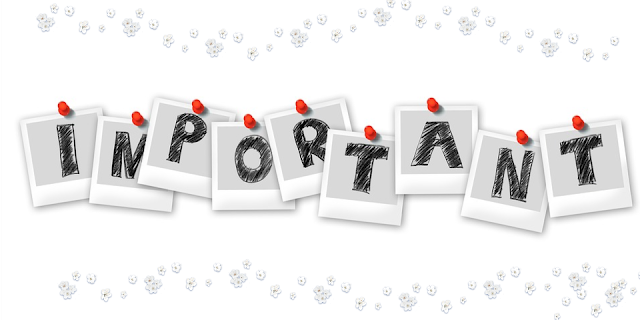Argumentative Writing
Argumentative Writing
Argumentative essays are composed to exhibit
whether to favor a certain point of view or to negate any point convincingly.
The essay can present the both sides of the picture having a clear minded,
unbiased text for the both sides. The
format of the essay has many formats that perfectly fit to the argument picked
to go with.
Features:
Tone: Factual Writing
Register: Formal
Purpose: To Inform
Audience: General / Specific
Argumentative
Essay Formats:
1. One point in favor and the other in
a rebuttal.
2. All points in a favor firstly and
later the points of rebuttal.
3. The whole essay in the favor of the
point of discussion.
4. The whole essay in a rebuttal of the point of discussion.
The Structure
of Argumentative Essays:
1. Introduction:
An
introduction is the brief description in order to recall back ground
information referring to the point in focus for the discussion.
2. Thesis Statement:
Thesis statement implies the establishing of the main point to be focused throughout the discussion. Thesis statement emphasizes specifically the points that would be highlighted for further confab.
3. Series of Paragraphs:
An argumentative essay can be written in any
of the following formats described earlier. The paragraphs can vary in number
from three to eight or so according to the nature of the essay desired to be
presented.
a) The
points in favor and in rebuttal will be written in paragraphs having a clear concise
substantial evidence for any point that is forwarded whether to favor or to
refute.
b) The evidence to
prove the view point, in focus can be in various forms i.e. photographs,
illustrations, graphs or quotations taken from the authentic sources.
c) The paragraphs
should be coherent and a complete picture of the main point of view avoiding
any irrelevant discussions or deviations from the topic forming a clear
perspective.
4. Inferential Opinion: [Suggestions]
The writer can include the inferential
opinion or the proposals to favor or to refute the points that are argued in
the discussion. This is an optional part and will be considered personal
opinion of an individual without suggesting anything to convince the reader for
the certain point of view.
5. Conclusion:
The conclusion of the document is the
reinforcing of the points that are discussed in the prior discussion having
refrained from the inclusion of the new comment or the point of argument in it.
Language of
the Essays:
1. Use of Present Tense for the presentation of
the arguments.
2. Past
Tense for the background information.
3. Future Tense for any kind of predictions or
proposal based upon the recent condition.
4. Use
of third person for the points.
5. Use of
connectors of Cause and Effect, Time and Sequence, Contrast, Comparison and
Result. E.g. Hence, thus, consequently--
Later, after, then, soon, finally-- but, however, on the other hand, -as if,
equally, similarly, subsequently-- resultantly, consequently to connect the
paragraphs.
Do’s:
1.
Present unbiased points.
2.
Authentic facts and no speculations or assumptions.
3. Standard Language,
Grammatically, Error Free text.
4. No plagiarized content.
5.
Genuine and researched based arguments.
6. Reflective and sober tone of the
document.
7. Formal tone and register.
Don’ts:
1. Biased opinions
2. Forceful convincing upon the certain facts.
3. Undue emphasis to prove or provoke emotional attachment to any point
in discussion.
4. Irrelevant or unnecessary
details or repetition.
5. Evoking any gender, race,
color, creed, and religion or belief discrimination in the discussion.
6. Writing false quotes or fake
facts.
7. Slang language and contractions

Important:
1. There should be a proper beginning
[Thesis Statement] and proper ending.[conclusion] as abrupt start or end can
spoil the impression
2. The arguments should be well
researched before writing.
3. Controversial topics should be handled with
the utmost care as not to hurt any feelings of the concerned.
4. Try to avoid writing uncommon or
individualized Jargons and acronyms by people or institutions.
5. The evidence provided should be
authentic, valid and with the reference or the original source.
6. Prevent from Violent, aggressive
provocation against any walk of life.





Comments
Post a Comment